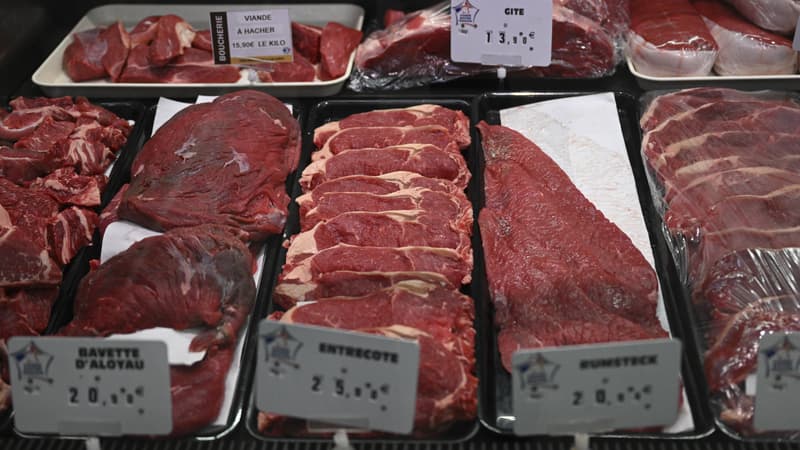A discovery that occurs in a tense agricultural context in France. Although Brazilian authorities had committed not to export beef raised with hormones to the European Union, a study by the European Commission shows the presence of dangerous residues in meat imported from Brazil.
The hormone in question, estradiol 17 Beta, used to accelerate the growth of female bovines, is authorized in Brazil, but strictly prohibited in Europe.
If the European Commission emphasizes the verification of imported beef products, it is because certain hormones used in Brazil are considered very dangerous for health. Ingesting large amounts of estradiol can be especially carcinogenic, health professionals warn.
Export of female beef blocked
This revelation comes at a time when agricultural unions such as the FNSEA are demonstrating in France against the signing of a free trade agreement with Mercosur, of which Brazil is a part, during the G20 currently being held in Rio de Janeiro.
“This causes additional misunderstanding in the agricultural world in the face of the European authorities who note failures in imports and say ‘we are still going to make treaties’”, underlines Patrick Benezit, president of the National Bovine Federation, to BFMTV.
According to the European Commission audit carried out between May and June and whose results were published in October, Rio cannot currently guarantee the traceability of estradiol on farms. Until stricter controls are implemented, Brazil has blocked all exports of female beef to Europe.
In 2023, 41,000 tons of Brazilian beef were imported into the European Union.
Source: BFM TV


